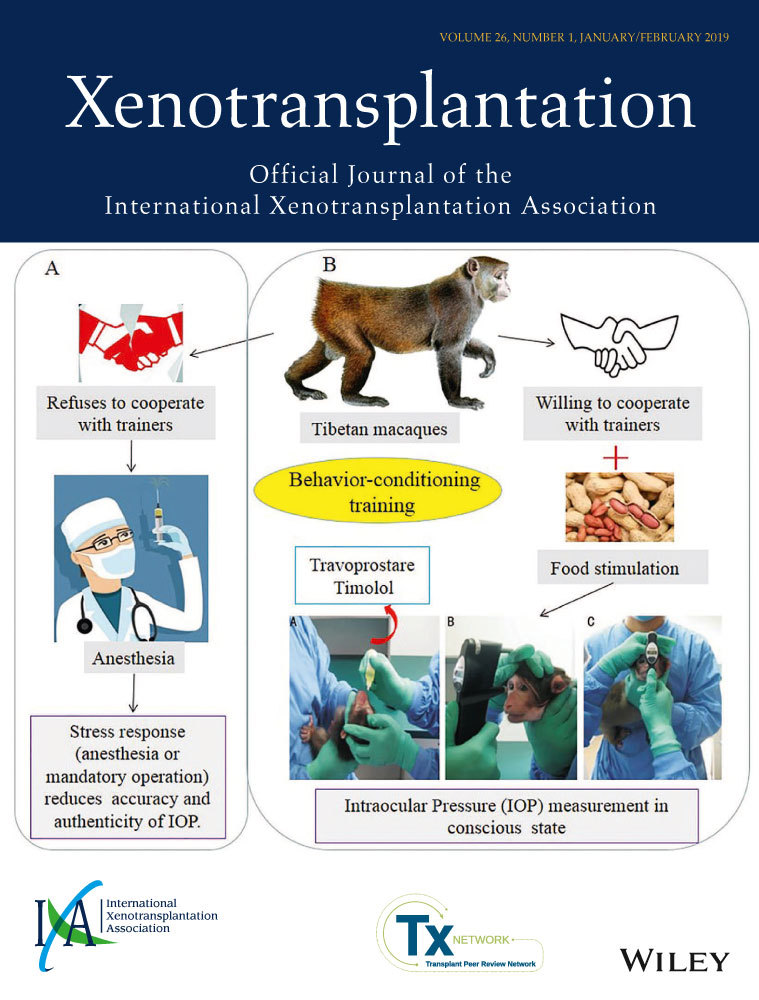Update regarding xenotransplantation in Japan
Abstract
To overcome the donor shortage, a promising solution could be xenotransplantation. The pig is generally considered the most suitable donor species for xenotransplantation. A clinical xenotransplantation has not been conducted in Japan. However, many progresses have recently been made in this field. Japan has regulations for conducting cell xenotransplantation and guidelines to prevent zoonosis. Most Japanese patients and their family members have a positive opinion about islet xenotransplantation. A grant for clinical islet xenotransplantation research and development has been approved, and germ-free pigs have been developed. Further research may bring the successful application of xenotransplantation closer to reality.
CONFLICT OF INTEREST
Shinichi Matsumoto is Chief Scientific Advisor of Otsuka Pharmaceutical Factory Inc.




